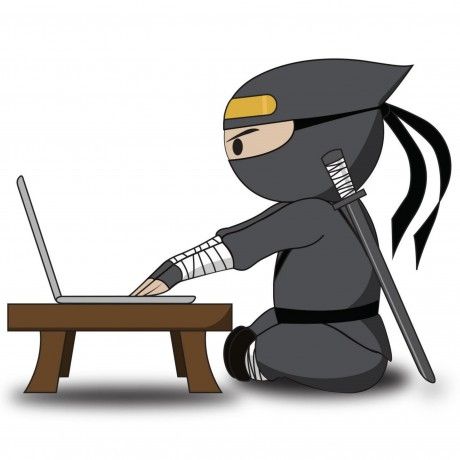140 reads
My Dear Daughter: Ensure Your Freedom with Your “F*ck Off” Fund
by
February 28th, 2021

Web developer writing essays about mindset, productivity, tech and others. Personal blog: https://roxanamurariu.com/
About Author
Web developer writing essays about mindset, productivity, tech and others. Personal blog: https://roxanamurariu.com/
